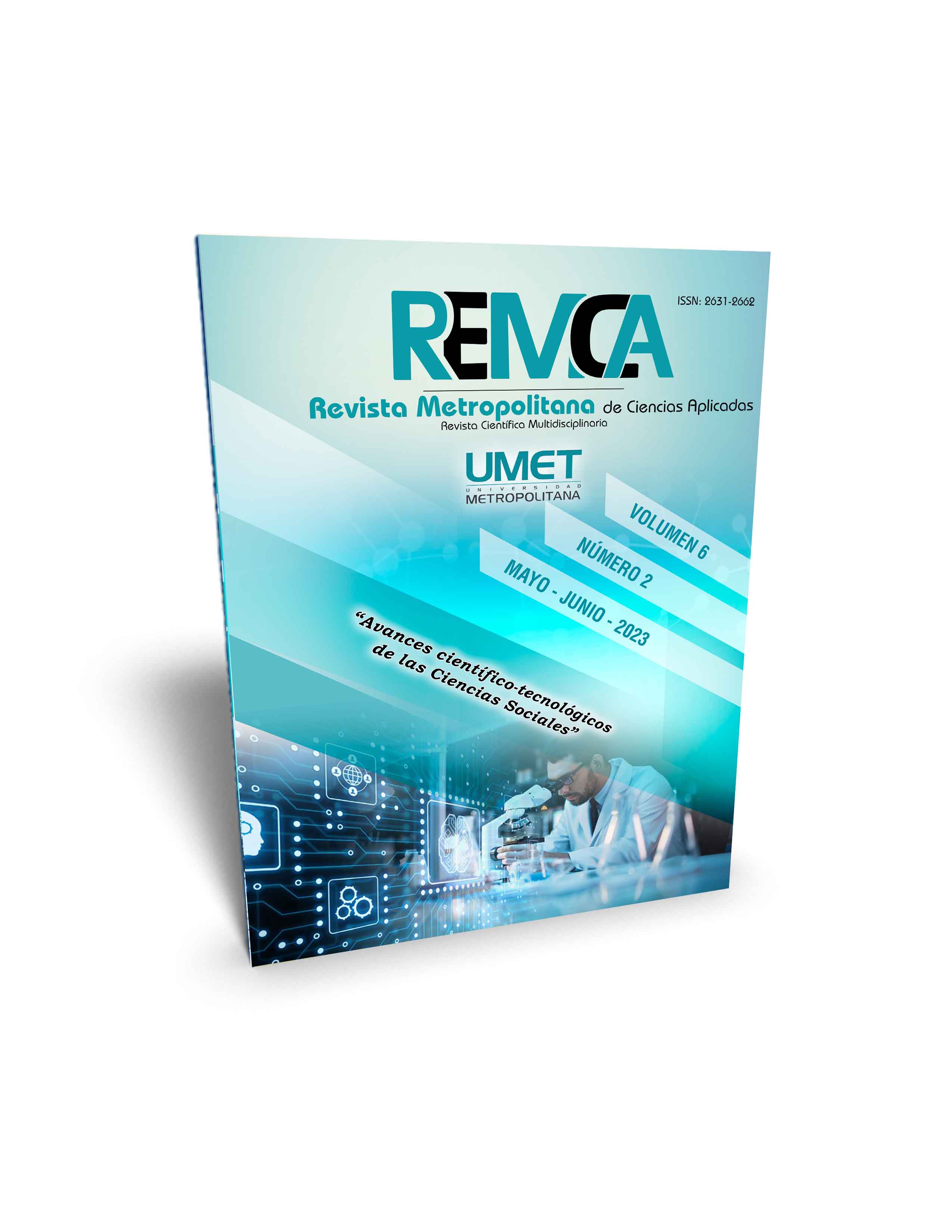Disproportionality in the exercise of the coactive power of public administrations
DOI:
https://doi.org/10.62452/79jmm640Keywords:
Public administration, legal right process, coercive powerAbstract
In Ecuador, the public administration has certain power granted by law, one of which is called coercive power, defined as the exorbitant privilege that empowers them to collect debts in their favor in a forced manner, based on the principle of general interest and without judicial immediacy. The coercive execution procedure arises from the application of this power, due to both: administrative and tax matters, which are regulated in different forms, that’s why the present analysis will address the administrative coercive procedure under the Organic Administrative Code. When analyzing the substantiation of the coercive procedure, it is clear that the performing officer, called coercive judge, who "protects the rights of the parts" belongs to the same public entity, so the following question arises: Will the administrative authority that is judge and part guarantee the applicability of the rights under the principle of impartiality, transparency and proportionality? This research has a qualitative approach, referring to the violation of the constitutional guarantee of the legal right process, with the objective of analyzing the coercive procedure in administrative matters and the existence or not of the violation of the legal right process in its substantiation.
Downloads
References
Aguado, T. (1999). El principio de proporcionalidad. Edersa.
Agudelo, M. (2006). El debido proceso. Opinion Jurídica.
Bechara, A. (2014). La protección especial de los derechos del administrado frente al abuso del Derecho. Editorial Jurídicas.
Cano, T. (2009). Lecciones y materiales para el estudio del Derecho Administrativo. Iustel.
Cassagne, J. (1981). El acto administrativo. Abeledo Perrot.
Chávez, J. (2015). El desarrollo del debido proceso en las actuaciones administrativas para la formación de contratos estatales. Vniversitas.
Ecuador. Asamblea Nacional. (2017). Código Orgánico Administrativo. https://www.gobiernoelectronico.gob.ec/wp-content/uploads/2020/11/COA.pdf
Ecuador. Asamblea Nacional Constituyente. (2008). Constitución de la República del Ecuador. Registro Oficial 449. https://www.oas.org/juridico/pdfs/mesicic4_ecu_const.pdf
Fernández, I. (2015). Manual de derecho procesal y contencioso Administrativo . Universidad La Gran Colombia.
García de Enterría , E., & Fernández , T. (2000). Curso de Derecho Administrativo. T.I. Civitas.
Gordillo, A. (2013). Teoria General del Derecho Administrativo. Fundación de Derecho Administrativo.
Pardo Iranzo, V. (2006). Sobre la constitucionalidad de la ejecución coactiva civil. Revista Boliviana de Derecho, 1, 117-140.
Bechara Llanos, A. (2015). El debido proceso: una construcción principialista en la justicia administrativa. Justicia, 28, 88-104.
Moran, P. (2013). Procedimiento coactivo. (Tesis de maestría). Universidad de Cuenca.
Paredes, E. (2012). La optimización del proceso coactivo y su incidencia en el gasto público para el SRI. (Trabajo de titulación). Universidad Técnica de Ambato.
Parra, J. (2019). La Aplicacion del COA a los Procedimientos Sancionatorios del Consejo de la Judicatura. (Trabajo de titulación). Universidad Católica Santiago de Guayaquil.
Reyes, M. (2019). El debido proceso en el proedimiento de ejecución coactiva. Pontificia Universidad Católica del Ecuador.
Soler, E. (2015). Derecho Administrativo. Athenaica Ediciones Universitarias.
Villar, J. (1999). Derecho Administrativo. Universidad Complutense de Madrid.
Downloads
Published
Issue
Section
License
Copyright (c) 2023 María José Maita-Freire, Martha Alejandra Morales-Navarrete (Autor/a)

This work is licensed under a Creative Commons Attribution-NonCommercial-ShareAlike 4.0 International License.
Authors who publish in Revista Metropolitana de Ciencias Aplicadas (REMCA), agree to the following terms:
1. Copyright
Authors retain unrestricted copyright to their work. Authors grant the journal the right of first publication. To this end, they assign the journal non-exclusive exploitation rights (reproduction, distribution, public communication, and transformation). Authors may enter into additional agreements for the non-exclusive distribution of the version of the work published in the journal, provided that acknowledgment of its initial publication in this journal is given.
© The authors.
2. License
The articles are published in the journal under the Creative Commons Attribution-NonCommercial-ShareAlike 4.0 International License (CC BY-NC-SA 4.0). The terms can be found at: https://creativecommons.org/licenses/by-nc-sa/4.0/deed.en
This license allows:
- Sharing: Copying and redistributing the material in any medium or format.
- Adapting: Remixing, transforming, and building upon the material.
Under the following terms:
- Attribution: You must give appropriate credit, provide a link to the license, and indicate if any changes were made. You may do this in any reasonable manner, but not in any way that suggests the licensor endorses or sponsors your use.
- NonCommercial: You may not use the material for commercial purposes.
- ShareAlike: If you remix, transform, or build upon the material, you must distribute your creation under the same license as the original work.
There are no additional restrictions. You may not apply legal terms or technological measures that legally restrict others from doing anything the license permits.




